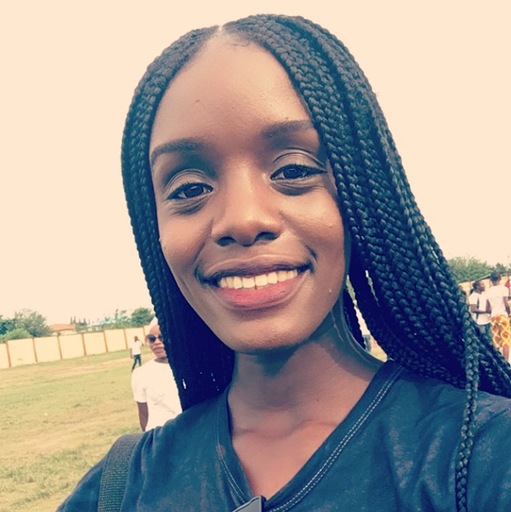For each language, a static collection of passages extracted from news articles is provided. The training set comprises of the static collection, approximately 10 queries per language and some binary relevance judgements for each query. The queries and qrels in the train set serve as samples to help analyze relevance, and explore approaches while using the qrels for evaluation. The statistics of the collection is documented in the dataset repo, and can also be found in the table on the right.
The datasets would be made available in respective Hugging Face repos (Corpus, Queries and Jugdements) according to the release date for each set. Participants can request for access to the training and test sets.






